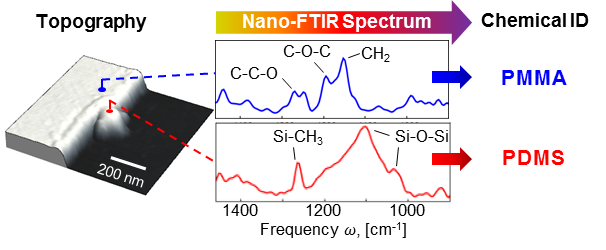The instrument behind pill testing combined with artificial intelligence can be used accurately for soil testing
The trial for pill testing at festivals in Australia is still being debated. The test was meant to examine the quality of drugs in just minutes. The technology behind accurate pill testing is the Fourier Transform Infrared (FTIR) Spectroscopy. The principle is irradiating a sample with an infrared wave, and recording its molecular signature. The sample’s signature is matched against a library of drug substances to identify its ingredients and possible toxicity.
The same instrument can also be used for soil materials. The infrared reflectance of soil informs its ingredients and the health of soil for growing crops. Research on the use of FTIR for soil testing is not new; in fact, it was pioneered in Australia over twenty years ago. The intention is to replace traditional soil laboratory analysis. However, this technology has not seemed to be realised.
A soil test can reveal the soil’s status for growing crops. It can accurately identify its texture, organic matter content, pH, capacity to retain nutrients, etc. Soil testing, conventionally, is cumbersome, time-consuming, and expensive. Samples are sent to a laboratory, and they went to various chemical extraction and digestion. Obtaining a complete test of soil characteristics costs more than $100 per sample.
The recent availability of a large library of soil samples and sophisticated data processing such as deep learning has revitalised the interest of using FTIR to replace conventional soil analysis. Recent research using a large soil database from the USDA shows that mid-infrared reflectance spectrometer (the pill testing instrument) can accurately characterise a range of soil chemical and physical properties.
Our recent work enhances this database further by using latest development in deep learning (the technology behind Facebook’s face recognition). FTIR can characterise important soil characteristics, such as its organic matter content, the key indicator of soil health.
As instrument price goes down, and computational power increase, maybe it is time to revisit FTIR as a replacement of laboratory-based soil testing. A local consultant can have such instrument at festivals that can provide rapid soil analysis to growers. If the cost of such soil testing goes down 20 times, growers can get their samples analysed more frequently. Not only for fertilizer recommendation, linking to the grower’s past data that can inform if the soil’s status have degraded and intervention is required.

Leave a Reply